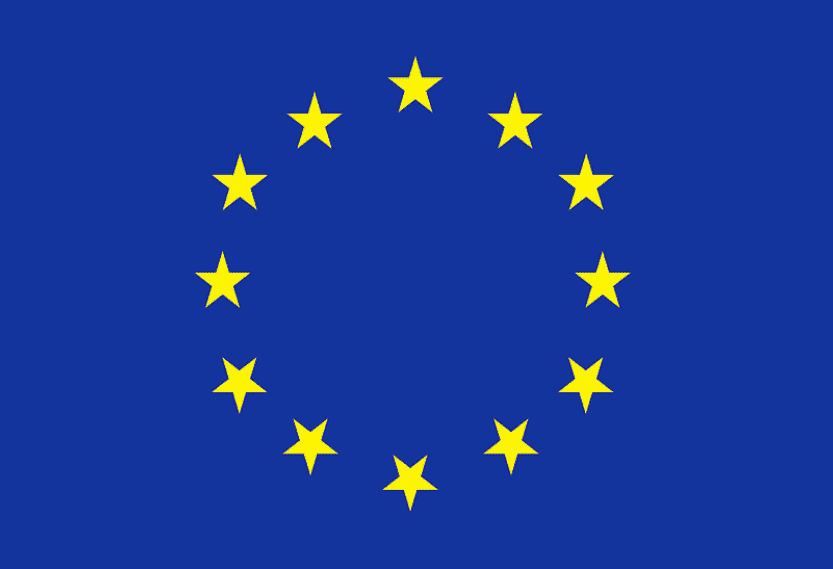
Introduction
In the digital age, trade show exhibits have embraced technology to enhance visitor engagement and streamline operations. From interactive displays and digital kiosks to AI chatbots and augmented reality experiences, digital interactions are now integral to trade show booths.
However, with the increased use of technology comes the critical responsibility of ensuring data privacy and security. This article explores the importance of data privacy in digital interactions at trade show booths and provides strategies for exhibitors to safeguard visitor data.
The Importance of Data Privacy
Data privacy is essential for several reasons:
1. Protecting Sensitive Information:
Visitors often share personal information, such as contact details, preferences, and purchase history, during digital interactions. Protecting this data is crucial to prevent identity theft, fraud, and other malicious activities.
2. Building Trust:
Ensuring data privacy helps build trust between exhibitors and visitors. When attendees feel confident that their information is secure, they are more likely to engage with digital tools and share their data.
3. Legal Compliance:
Many regions have stringent data privacy regulations, such as the General Data Protection Regulation (GDPR) in the EU and the California Consumer Privacy Act (CCPA) in the US. Exhibitors must comply with these laws to avoid legal penalties and reputational damage.
4. Enhancing Brand Reputation:
Brands that prioritize data privacy and security are viewed more favorably by consumers. Demonstrating a commitment to protecting visitor data can enhance a brand’s reputation and foster long-term relationships.
Common Digital Interactions at Trade Show Booths
Digital interactions at trade show booths can take various forms, including:
1. Registration and Check-In:
Digital kiosks and mobile apps streamline the registration and check-in process, capturing visitor information quickly and efficiently.
2. Interactive Displays:
Touchscreens, tablets, and interactive walls provide engaging ways for visitors to learn about products, services, and the brand.
3. AI Chatbots:
Chatbots powered by artificial intelligence offer instant support and personalized recommendations, collecting data on visitor preferences and inquiries.
4. Augmented Reality (AR) Experiences:
AR applications create immersive experiences, allowing visitors to visualize products in a virtual environment and interact with digital content.
5. Lead Capture Systems:
Digital lead capture tools, such as QR code scanners and digital forms, gather contact information and preferences for follow-up marketing efforts.
Strategies for Ensuring Data Privacy and Security
Exhibitors can implement several strategies to ensure data privacy and security during digital interactions at trade show booths:
1. Data Encryption:
Encrypt all data collected through digital interactions to protect it from unauthorized access. Use secure encryption protocols to safeguard data both in transit and at rest.
2. Secure Wi-Fi Networks:
Provide a secure, password-protected Wi-Fi network for all digital devices used at the booth. Avoid using public or unsecured networks that could be vulnerable to cyberattacks.
3. Access Controls:
Implement strict access controls to ensure that only authorized personnel can access sensitive data. Use multi-factor authentication (MFA) to add an extra layer of security.
4. Privacy Policies and Consent:
Clearly communicate your data privacy policies to visitors and obtain their explicit consent before collecting their information. Ensure that visitors understand how their data will be used and stored.
5. Regular Security Audits:
Conduct regular security audits and vulnerability assessments to identify and address potential weaknesses in your digital systems. Update software and security measures as needed.
6. Data Minimization:
Collect only the data that is necessary for your purposes. Avoid gathering excessive information that could increase the risk of data breaches.
7. Staff Training:
Train your staff on data privacy best practices and the importance of protecting visitor information. Ensure that they understand how to handle data securely and respond to potential security incidents.
8. Incident Response Plan:
Develop and maintain an incident response plan to address data breaches or security incidents promptly. Outline the steps to take in the event of a breach and ensure that all staff members are familiar with the plan.
Conclusion
Data privacy and security are paramount in the digital interactions that take place at trade show booths. By implementing robust security measures, clear privacy policies, and staff training, exhibitors can protect sensitive visitor information and build trust.
Ensuring data privacy not only complies with legal requirements but also enhances brand reputation and fosters long-term relationships with attendees. As technology continues to evolve, maintaining a strong focus on data privacy and security will remain essential for successful and responsible trade show participation.


 US
US
 EU
EU


